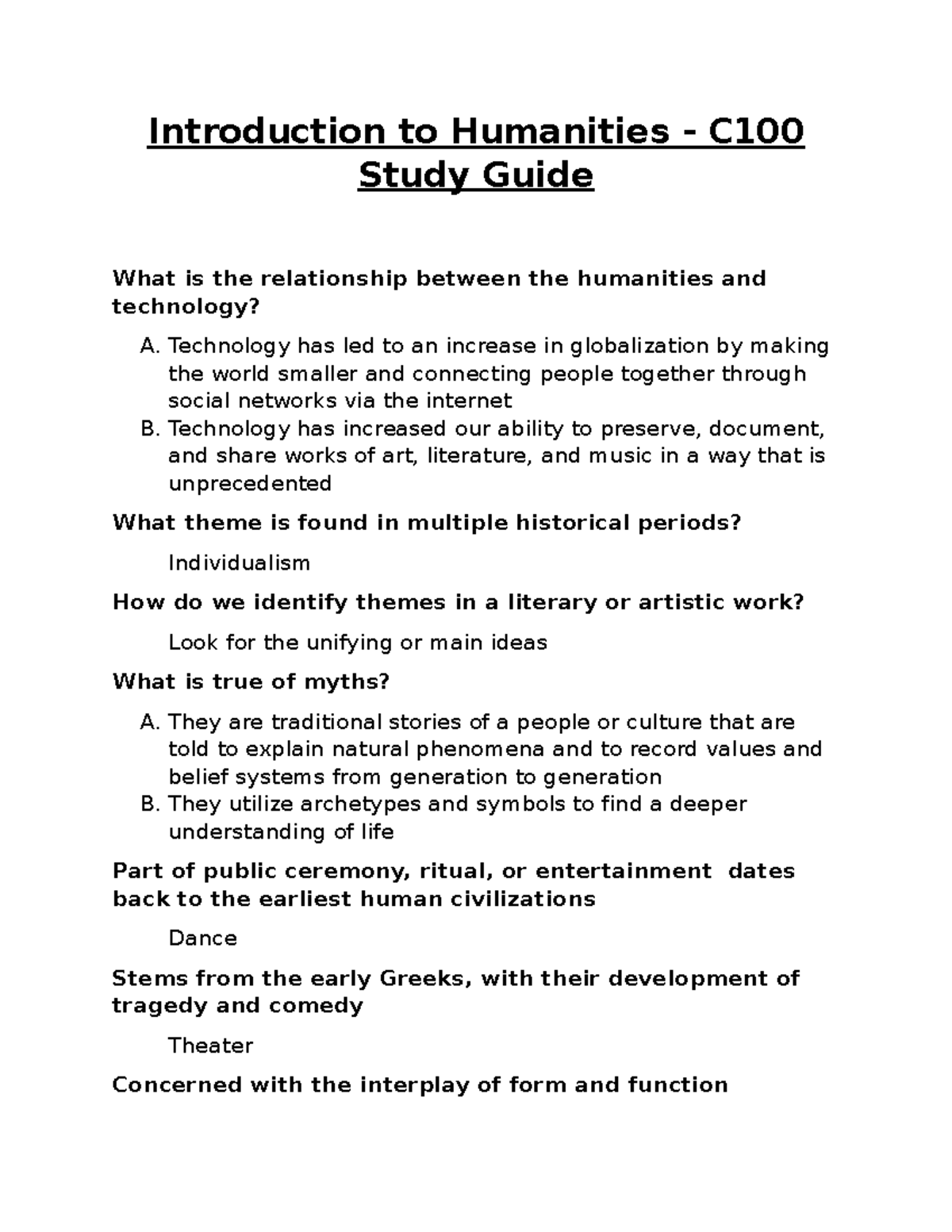Yosvany Terry, a trailblazing figure within the realm of Afro-Cuban music, stands at the intersection of tradition and innovation. With roots embedded in the rich musical heritage of Cuba, Terry’s work encompasses a profound exploration of the African diaspora and its enduring impact on contemporary jazz and cultural identity. His recent travels to Benin, a country pivotal in the history of African traditions, inspired a deeper connection between local musical practices and the rhythms that have shaped Caribbean genres. As the director of the Harvard Jazz Ensembles, Terry integrates these experiences into his teaching, aiming to enlighten students about the significance of preserving musical traditions. Through performances and collaborations, he showcases how these cultural legacies not only inform the past but also resonate vibrantly in today’s artistic landscape.
Renowned musician Yosvany Terry has become a key ambassador of Afro-Cuban music, diving deeply into the connections that link West African musical traditions to Caribbean sounds. His exploration is a testament to the resilience of cultural practices in shaping identities across generations. By engaging with musical legacies influenced by the African diaspora, Terry promotes an understanding of how historical narratives inform modern art forms, notably within the context of the Harvard Jazz Ensembles. As he brings scholars and students together to celebrate these rich traditions, he fosters a unique environment where the old and the new harmoniously coexist. Terry’s initiatives not only revive ancient musical forms but also inspire future generations to appreciate and perpetuate their cultural heritage.
Exploring Yosvany Terry’s Contribution to Afro-Cuban Music
Yosvany Terry’s exploration of Afro-Cuban music serves as a vital conduit connecting the rich musical heritages of Africa and Cuba. By examining the intricate rhythms and melodies that have transcended generations, Terry reveals the cultural identity shaped by the African diaspora. His commitment to teaching at Harvard, where he directs the Jazz Ensembles, ensures that this historical music context is woven into the fabric of contemporary education. This fusion of traditional sounds with modern performance techniques not only enriches the artistic landscape at Harvard but also serves to remind us of the enduring power of cultural exchange.
Through his research travel from Benin to Cuba, Terry has cultivated a deeper understanding of the musical traditions that have forged unique identities within both regions. His emphasis on performance as a means of cultural preservation highlights how music is not merely an art form, but also a living, breathing narrative of resilience and heritage. By sharing these experiences with his students, he instills an appreciation for the roots of genres like jazz, which draw upon these historical elements, thereby ensuring that new generations not only learn about Afro-Cuban rhythms but also recognize their significance in the broader context of world music.
The Intersection of Cultural Identity and Diverse Musical Traditions
Cultural identity is intricately linked to the preservation and evolution of musical traditions, especially within the context of the African diaspora. Yosvany Terry’s work elucidates this connection through his engaging research and classroom teachings. By exploring how Afro-Cuban music serves as a repository of culture, he highlights the struggles and triumphs of those whose identities are often marginalized. His findings offer insights into the ways these musical forms have adapted, retained core elements, and interacted with other musical genres across the Americas, including American jazz. This exploration not only enhances our understanding of cultural identity but also fosters respect for the myriad of influences that shape contemporary music.
Terry’s academic endeavors reflect a broader movement within music education that embraces interdisciplinary approaches. By integrating history, storytelling, and performance, he encourages students to delve into the significance of cultural narratives in their musical expression. This hands-on learning experience allows students to consider how their identities, as well as those of the artists they study, influence the art they create. Thus, the classroom transforms into a dynamic space where academic knowledge merges with experiential learning, fostering a deeper appreciation for the complex tapestry of global musicality.
Bridging Musical Traditions Through Performance
Performance is a crucial aspect of Yosvany Terry’s teaching philosophy, particularly evident through events like ArtsThursdays. These performances act as a bridge between the research conducted in West Africa and the cultural expressions found in Afro-Cuban music. By engaging the community through free concerts, Terry emphasizes the role of music as a vehicle for dialogue and exchange, inviting audiences to partake in the rich narratives that define these shared musical traditions. Such initiatives highlight the importance of accessibility in the arts, ensuring that broader audiences can connect with the cultural identities represented in the music.
Moreover, the collaborative nature of these performances encourages interdisciplinary partnerships within Harvard itself. Involving students in workshops and masterclasses with visiting artists not only enriches their understanding of different musical traditions but also cultivates an environment where creativity flourishes. As students interact with artists from diverse backgrounds, they learn to appreciate the influences that various cultural elements have on their work. This practice of collaboration fosters a holistic learning experience where the past informs the present, ultimately contributing to the evolution of modern musical expressions.
Yosvany Terry’s Vision for Educational Growth in Jazz
As the director of the Harvard Jazz Ensembles, Yosvany Terry envisions a future where students are deeply engaged with various musical heritages, especially those from Afro-Latin traditions. He aims to cultivate a new generation of musicians who are not only skilled performers but also informed advocates for the art forms they represent. His ongoing efforts to invite diverse artists into the curriculum reflect a commitment to enriching students’ learning through exposure to a wide array of musical perspectives. By advocating for inclusivity in the jazz program, Terry ensures that students gain firsthand experience and understanding of the socio-cultural aspects that shape their chosen genres.
The incorporation of travel into the educational journey is another vital component of Terry’s vision. By taking students to regions like Cuba and the Dominican Republic, they can engage directly with musicians and cultural custodians of these traditions. This experiential learning approach enables students to witness and participate in the living history of musical practices. Such opportunities to learn from local masters reinforce the interconnectedness of the African diaspora and the strengths of cultural heritage, instilling a sense of pride among students regarding their own cultural identities as they navigate the evolving musical landscape.
The Role of Interdisciplinary Collaboration in Arts Education
Yosvany Terry advocates for interdisciplinary collaboration as a transformative element in the arts at Harvard. By connecting music education with other fields, such as electrical engineering and artificial intelligence, he is at the forefront of innovative approaches to teaching composition. This blending of disciplines not only inspires creativity but also reveals the potential for technology to influence and enhance musical practices. Terry’s partnerships signal a conscious effort to break down traditional barriers within academia, fostering an environment where diverse perspectives can converge and innovate.
The merging of disciplines also supports students in developing a multifaceted understanding of their art. By exploring how different fields can inform musical composition and performance, students recognize the interconnectedness of knowledge. Terry’s collaborative projects, such as exploring AI’s role in music, encourage students to think critically about the future of the arts. This foresight allows them to navigate and contribute to the evolving dynamics of musical traditions, making them well-prepared for an ever-changing cultural landscape.
Cultural Preservation Through Music Education
Yosvany Terry’s research journey underscores the importance of cultural preservation through music education. By focusing on how Afro-Cuban music has been shaped by the African diaspora and its historical context, he highlights the vital role that music plays in safeguarding cultural identity. This aspect of his teaching challenges students to consider not just how music is created, but also why it persists amid societal change and globalization. By intertwining history with performance practices, students gain a rich understanding of the significance behind the music they study.
Integrating cultural preservation into music education creates a budding awareness among students about the power of their own artistic expressions. It encourages them to recognize that music is more than aesthetic pleasure; it serves as a vessel through which heritage and identity are articulated. Terry’s insistence on maintaining connection to these traditions enriches the educational experience and galvanizes students to reflect on their places within the continuum of musical history. This approach not only informs their artistry but also instills a responsibility to honor and elevate the legacies they inherit.
The Impact of ArtsThursdays on Community Engagement
ArtsThursdays serves as a pivotal initiative in fostering community engagement through the arts, largely driven by the efforts of Yosvany Terry and his colleagues. This programming enhances visibility for the artistic endeavors at Harvard by reaching out to local communities, thus expanding the cultural dialogue beyond the university’s walls. By offering free concerts featuring renowned artists, ArtsThursdays creates an opportunity for diverse audiences to experience the profound art created within academic realms. Such accessibility is crucial for nurturing a wider appreciation for the arts and highlighting their importance as a common cultural thread.
The collaborative nature of ArtsThursdays also encourages partnerships with other departments and disciplines. By integrating dance workshops and other interactive elements, events become holistic cultural experiences that celebrate the interconnectedness of various art forms. This multifaceted approach not only engages attendees but also cultivates a sense of community around shared cultural experiences. Ultimately, ArtsThursdays exemplifies how arts programming can transcend traditional barriers and contribute to a vibrant, inclusive cultural landscape that resonates with the broader public.
The Significance of Performance as Cultural Dialogue
Performance acts as a powerful medium for cultural dialogue, a concept that Yosvany Terry effectively embodies through his work at Harvard. By showcasing the connections between Afro-Cuban music and its African roots, he invites audiences to engage with these musical traditions on a deeper level. Performances such as “Imaginary Dialogues: Dahomey” exemplify how music can tell stories that reflect complex histories and ongoing cultural exchanges. This dynamic interaction between performer and audience creates an immersive experience that transcends mere entertainment and fosters understanding among diverse cultural backgrounds.
Additionally, performances facilitate collaboration among artists of varying heritages, allowing for a rich tapestry of ideas to emerge. As Terry integrates the musical styles and narratives from his travels into his work, he actively encourages students and audiences to appreciate the nuances of these traditions. Through this lens, music becomes not just a reflection of individual expression but a shared dialogue that spans continents. It demonstrates that through the arts, we can confront and celebrate our differences while recognizing the common threads that unite us.
Enriching Education and Performance with Cultural Insights
In enriching both education and performance, Yosvany Terry leverages his extensive research into Afro-Cuban traditions to provide a comprehensive understanding of cultural insights within music. By sharing stories and experiences from his travels in Benin and Cuba, he imbues his lessons with authenticity and depth. This approach cultivates an environment where students are equipped to contextualize their musical endeavors within a broader cultural narrative, fostering a sense of responsibility towards the heritage they represent. As they engage with these musical forms, they not only learn technical skills but also absorb the values and histories embedded within the music.
Through performances, these cultural insights are brought to life, creating a vibrant interplay between education and artistry. Terry’s focus on integrating classroom knowledge with live performances serves to emphasize the importance of experiential learning. By witnessing and participating in the act of performance, students develop a deeper connection to the music they study. This connection is essential for preparing them as musicians who appreciate the weight of cultural history and strive to carry forth these narratives with respect and creativity, reinforcing the notion that music is an evolving dialogue enriched by the legacies of the past.
Frequently Asked Questions
What is Yosvany Terry’s research focus regarding Afro-Cuban music?
Yosvany Terry’s research focuses on the connections between Afro-Cuban music and the musical traditions of West Africa, particularly in exploring how these traditions influence modern jazz and cultural identity. His work highlights the significance of the African diaspora in shaping musical practices.
How does Yosvany Terry integrate African diaspora traditions into his teaching?
As a senior lecturer at Harvard and director of the Harvard Jazz Ensembles, Yosvany Terry integrates African diaspora traditions by providing students access to primary source materials. He emphasizes understanding how Afro-Cuban and West African musical traditions have influenced jazz and popular culture.
In what ways does Yosvany Terry’s work with Harvard Jazz Ensembles promote cultural identity?
Yosvany Terry’s leadership in the Harvard Jazz Ensembles promotes cultural identity by inviting artists of Afro-Latin American descent and encouraging interdisciplinary collaborations. This approach enriches students’ understanding of their cultural heritage and the wider impact of African musical traditions.
What are some recent performances by Yosvany Terry that showcase Afro-Cuban musical traditions?
Yosvany Terry recently performed as part of ArtsThursdays, featuring music that reflects his research from Benin and Cuba. His performance, ‘Imaginary Dialogues: Dahomey,’ highlights the connections between Afro-Cuban music and West African traditions.
How does Yosvany Terry’s research impact his compositions as a musician?
Yosvany Terry’s research impacts his compositions by inspiring new works that engage with Afro-Cuban and West African musical traditions. He aims to create pieces that reflect the cultural heritage he studies, such as his upcoming opera about the rebellion of free people of color in Cuba.
What role does interdisciplinary collaboration play in Yosvany Terry’s approach to teaching music?
Interdisciplinary collaboration plays a significant role in Yosvany Terry’s teaching approach, as he works with colleagues across different fields, such as engineering and music. This collaboration fosters innovative exploration of Afro-Cuban traditions and their relevance in contemporary contexts.
What are the goals of Yosvany Terry’s research projects related to Afro-Cuban music?
The goals of Yosvany Terry’s research projects are to uncover the historical connections between Afro-Cuban music and its West African roots, expand students’ knowledge of cultural identity, and highlight the impact of these traditions on modern musical forms, including jazz.
Why is preserving Afro-Cuban musical traditions important to Yosvany Terry?
Preserving Afro-Cuban musical traditions is important to Yosvany Terry as it serves as an act of rebellion against cultural assimilation. He believes that safeguarding these traditions is crucial for maintaining cultural identity and understanding the historical roots of contemporary music.
How has Yosvany Terry contributed to Harvard’s music department over the years?
Yosvany Terry has contributed to Harvard’s music department by expanding its offerings to include a diverse range of musical traditions, particularly Afro-Cuban music. He has also brought renowned jazz masters to teach students and fostered a vibrant, multicultural artistic environment.
What can audiences expect at Yosvany Terry’s upcoming performance on May 1?
Audiences can expect a compelling performance that weaves together the rich musical traditions of Afro-Cuban music and West African heritage. Terry’s upcoming performance on May 1, part of ArtsThursdays, will showcase his research and the cultural dialogues between these musical forms.
| Key Points | Details |
|---|---|
| Yosvany Terry’s Research | Investigated the links between musical traditions of Benin and the Caribbean, focusing on how African diaspora influences modern jazz. |
| Cultural Preservation | Terry emphasizes the importance of traditions that enslaved people kept alive as a form of cultural resistance. |
| Educational Goals | Aims to provide Harvard students insight into how African traditions shaped music across the Americas, including jazz. |
| Collaborative Efforts | Terry collaborates with various artists and departments to broaden the learning experience and incorporate diverse influences. |
| ArtsThursdays Impact | This initiative enhances visibility for arts at Harvard and fosters community engagement through performances and workshops. |
| Future of Arts at Harvard | Terry envisions a vibrant and diverse artistic presence, continuously evolving through collaborations and innovative programs. |
Summary
Yosvany Terry’s journey through music and culture reveals the deep connections between African traditions and contemporary forms of expression. His extensive research not only illuminates the historical significance of these musical pathways but also exemplifies how such knowledge fosters a richer understanding of modern jazz. By integrating these insights into his teaching and collaborative projects at Harvard, Yosvany Terry ensures that the influences of the African diaspora are acknowledged and celebrated, thereby enriching both the academic and cultural spheres of the university.



